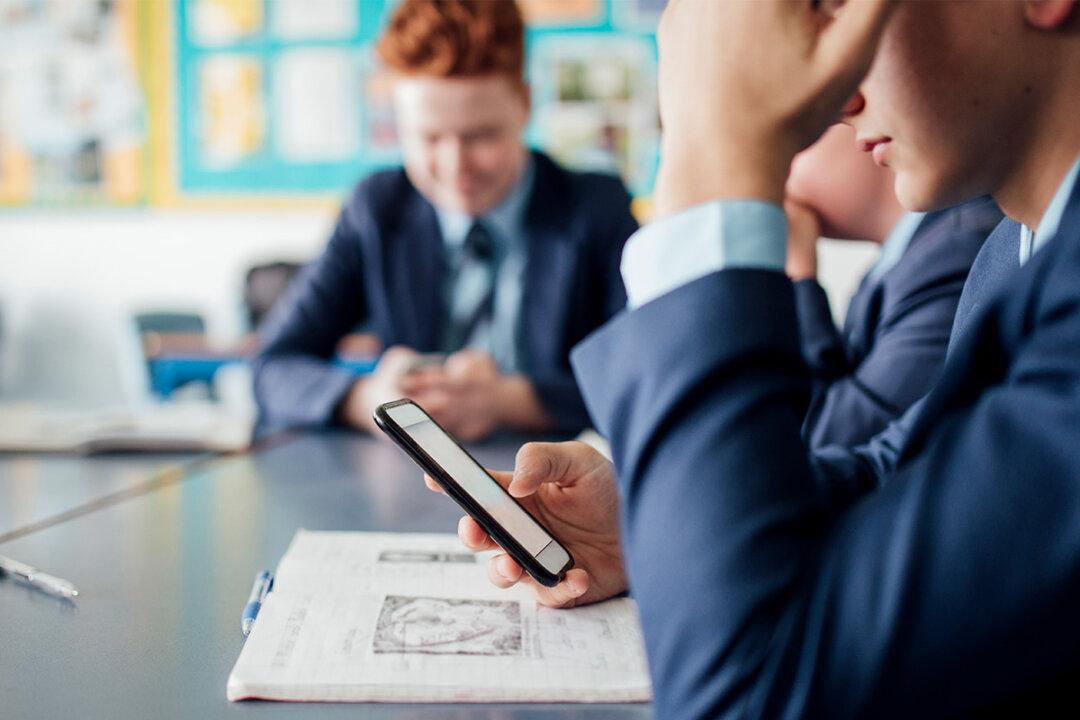Mobile phones are set to be banned in New South Wales’ public primary schools during school hours in 2019 as the NSW government seeks to stamp out online bullying and reduce distractions for students.
High schools will also have the choice to opt in to a ban or more tightly restrict mobile phone use, subject to the discretion of the individual schools in consultation with their communities.




